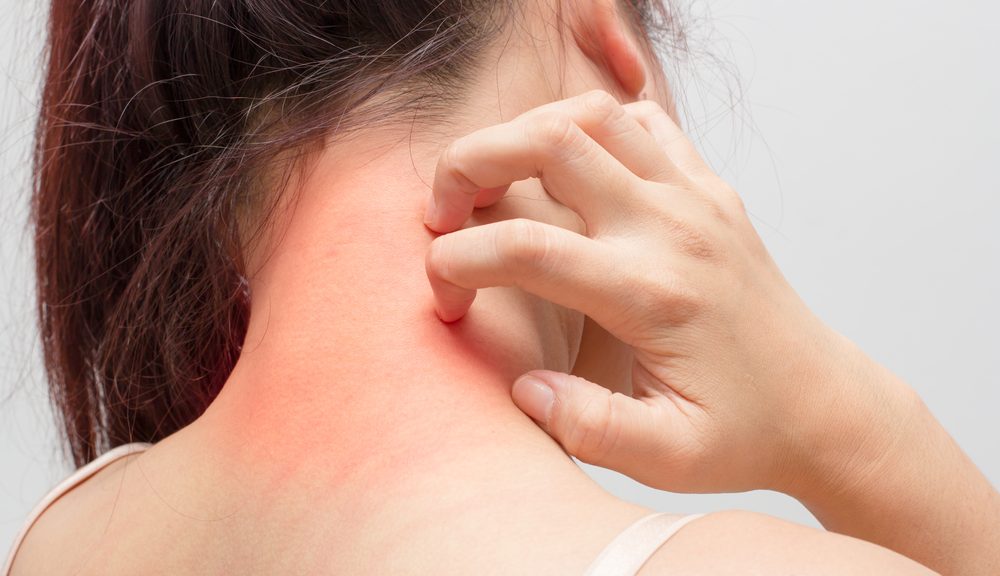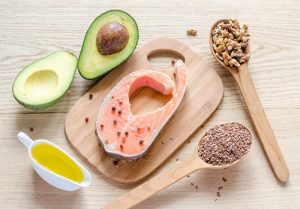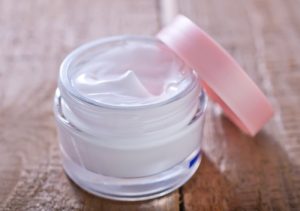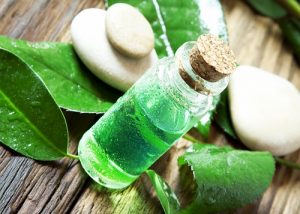
Treat Eczema Naturally
To support National Eczema Week (13-21 September) this month, we’ve asked the experts for their advice and top tips to help combat the uncomfortable symptoms of eczema naturally.
What is eczema?
Eczema is a dry skin condition, which comes in many different forms and varies from person to person. In mild cases, typical symptoms include dry, scaly, red and itchy skin. In more severe cases there may be weeping, crusting and bleeding.
The skin will be inflamed and irritated so those who suffer from it are often in a constant struggle, they want to itch it but know that this can make symptoms worse. Constant itching and scratching causes the skin to split and bleed, which leaves it open to infection.
According to the National Eczema Society, one in five children and one in twelve adults in the UK have eczema.
Treat eczema from within
Shona Wilkinson, Head Nutritionist at www.nutricentre.com, advises changing your diet to eliviate symptoms: “Watch what you eat, it has been suggested that wheat, dairy, sugar and soya can trigger eczema. If symptoms are getting you down, try cutting back on these areas to see if you notice any improvements.
“Boost your omega-3 levels. The symptoms of eczema could be lessened by increasing your intake of healthy fatty acid. Try cooking with fresh unprocessed oils such as virgin olive oil and eating avocados, vegetables, seeds, nuts and steamed fresh fish.
“Boost your vitamin and mineral intake. Choosing organic and fresh food and quality nutritional supplements can help beat the sore, itchy symptoms of eczema. Try chickweed, a traditional herbal remedy for skin irritation.”
Shona also recommends reducing your stress levels, “Stress is known to impact on the health of the skin and it can reduce immune defence mechanisms. Take five minutes to de-stress at the end of the day by deep breathing or yoga.”
Treat eczema topically
It can be tricky seeking out products to treat eczema topically, there’s so many on the market it can be difficult to know which one to pick. According to Sonja Dymalovski, Skin Expert at www.whatskinneeds.co.uk, there’s certain key ingredients to look out for.
“Try using a moisturiser everyday to stop the skin becoming too dry. Look for products that contain shea butter, which improves the appearance of your skin, whilst also repairing it.
“Hyaluronic acid is a substance which is found naturally in our body, so look for products that also contain hyaluronic acid, as this help reduce flaky skin, while giving your skin an extra boost of moisture.
“If you suffer from red patches, try a serum or cream that contains niacinamide, which is also known as vitamin B3. This wonder ingredient works to reduce redness by strengthening the skin’s barrier.
“Tea tree oil is a concentrated plant oil from the leaves of a Melaleuca altemifolia tree from Australia. Tea tree oil can help soothe sores, blisters and rashes because of its antifungal, antiviral and antiseptic properties, so look for gels and balms that contain it.
“Lemon essential oil is another ingredient to look out for. It is low in pH balance, which makes it an antibacterial oil and antiseptic oil. Filled with vitamin C it is also known to help create scar tissue and ligaments, and it also helps your skin repair itself too. “
Sonja says there are certain ingredients you should avoid too: “Glycolic acid, salicylic acid and retinol can severely dry out the skin and irritate it.
“Preservatives like methylparaben or butylparaben can also lead to inflammation, so this is another ingredient to avoid, instead try using products with natural preservatives like neem oil or grapefruit seed extract.
“No matter how soft and subtle a scent may be, ingredients that give fragrance to make-up or lotions can trigger eczema flare-ups. Pick make-up and skincare products which are specifically formulated for sensitive skin, with no fragrances.”